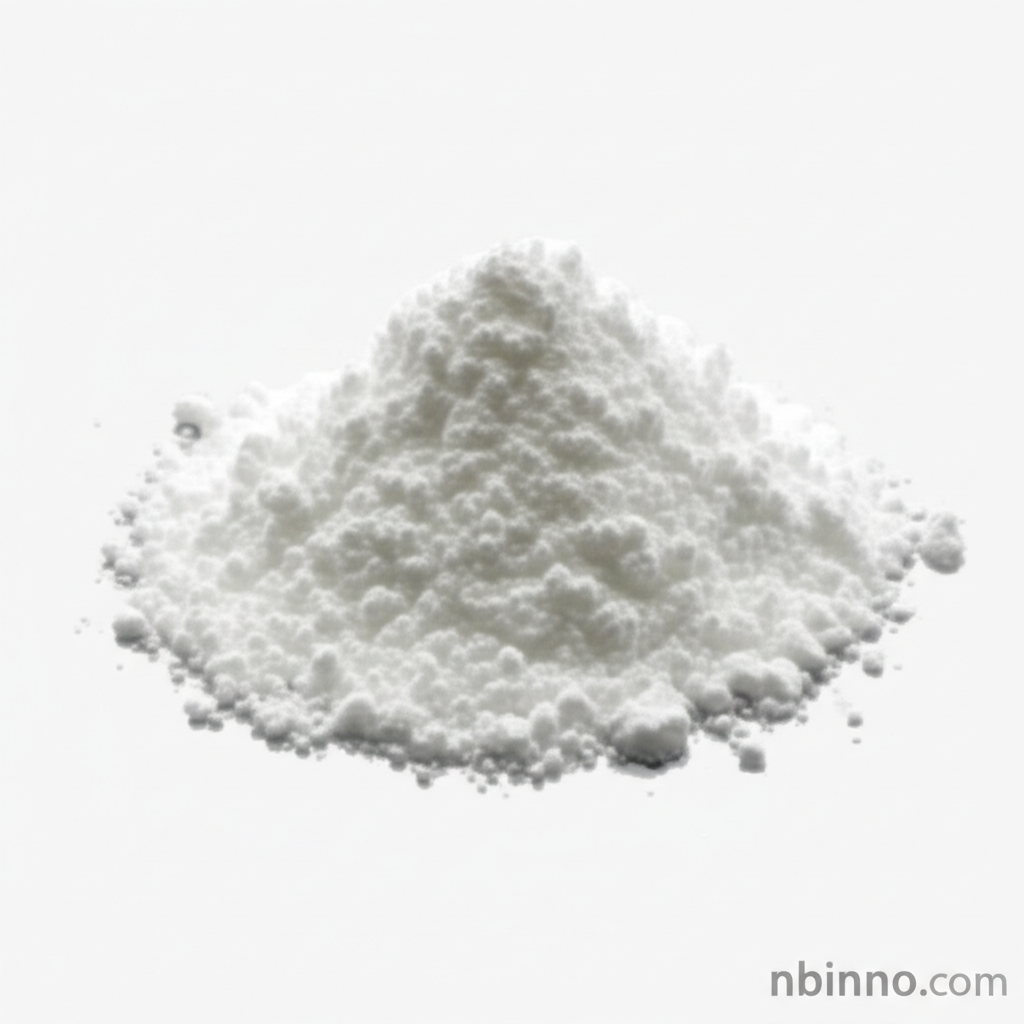N-(2-Aminoethyl) Methacrylamide Hydrochloride: A Versatile Monomer for Advanced Polymer and Bioconjugation Applications
Unlock innovation with our high-purity reactive monomer for cutting-edge material science and biomedical advancements.
Get a Quote & SampleProduct Core Value

N-(2-Aminoethyl)methacrylamide hydrochloride
This reactive methacrylamide monomer, featuring a primary amine functional group, is designed for advanced crosslinking and covalent coupling applications. Its high purity and unique chemical structure make it an indispensable component in developing innovative materials and enabling precise biomolecule modifications.
- Bioconjugation & Functional Polymers: Enables covalent attachment of biomolecules, crucial for developing sophisticated biosensors and advanced biomedical coatings, utilizing its reactive amine group for precise functionalization.
- Hydrogel & Polymer Networks: Significantly enhances hydrogel crosslinking, contributing to the development of advanced drug delivery systems and innovative tissue engineering scaffolds, often explored in research for functional polymer monomers.
- Adhesive & Coatings: Provides essential amine reactivity for creating high-performance adhesives and enhancing surface-modification applications, where surface modification agents play a key role.
- Polymer Electrolytes: Serves as a key component in polymer-based ion-exchange membranes, vital for advancements in energy storage and sensor technologies, showcasing its utility as a biopolymer synthesis reagent.
Advantages Provided by the Product
Enhanced Reactivity and Coupling
The primary amine group offers excellent reactivity for covalent coupling, allowing for precise modifications and the creation of stable linkages, a key aspect when discussing bioconjugation chemistry solutions.
Versatile Application Spectrum
Its ability to participate in polymerization and crosslinking makes it suitable for a wide array of applications, from advanced hydrogels to specialized coatings, highlighting its role in advanced hydrogel materials.
High Purity for Reliable Results
With a purity of ≥98.0%, this monomer ensures consistent and reliable outcomes in complex synthesis procedures, a critical factor for researchers working with functional polymer monomers.
Key Applications
Bioconjugation
Facilitates the covalent attachment of biomolecules to surfaces or other molecules, essential for creating targeted therapies and advanced diagnostic tools, a common goal for biopolymer synthesis reagents.
Hydrogel Formation
Acts as a crosslinker to create stable, three-dimensional polymer networks used in drug delivery, tissue engineering, and wound healing applications, contributing to the field of advanced hydrogel materials.
Biomedical Coatings
Improves the biocompatibility and functionality of medical devices and implants through covalent surface modification, aligning with the principles of biomedical coating technologies.
Polymer Synthesis
Serves as a reactive monomer in the synthesis of specialty polymers and copolymers with tailored properties, offering versatility in creating materials for diverse industries.
